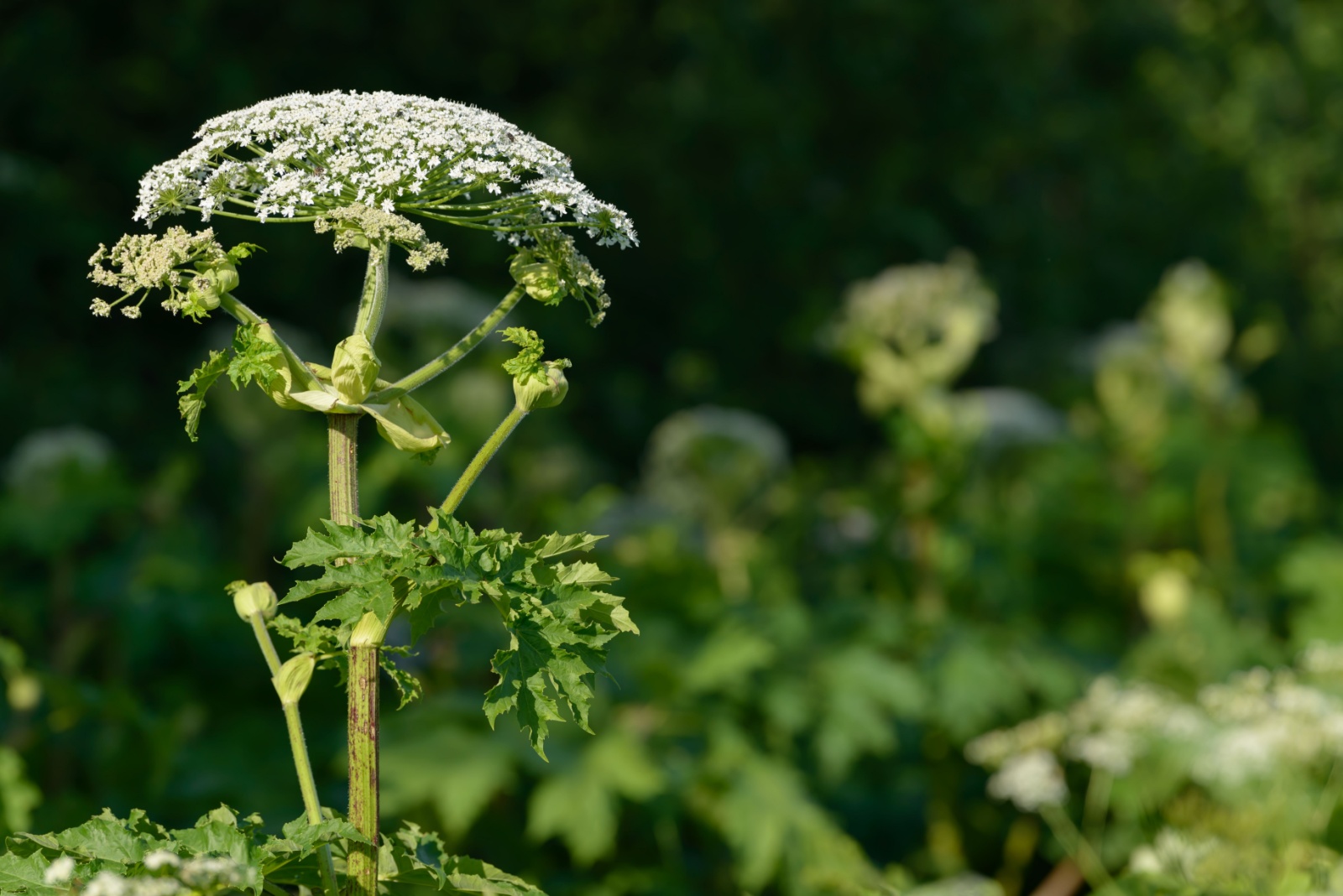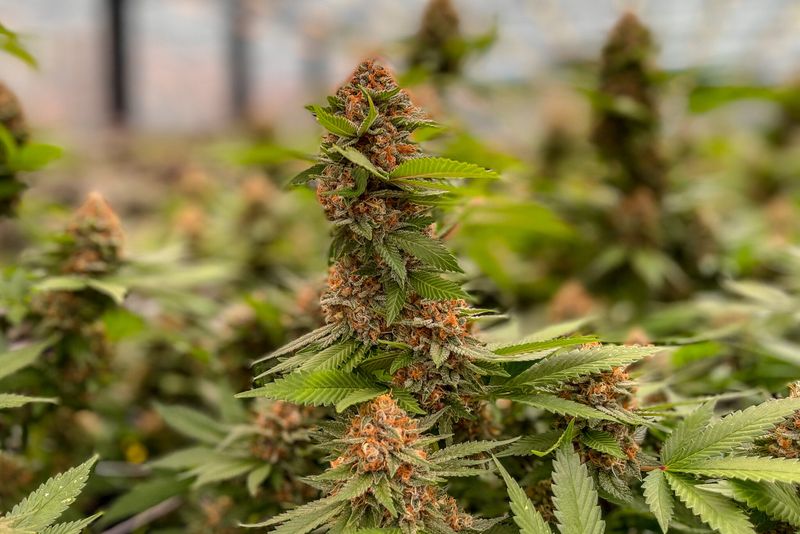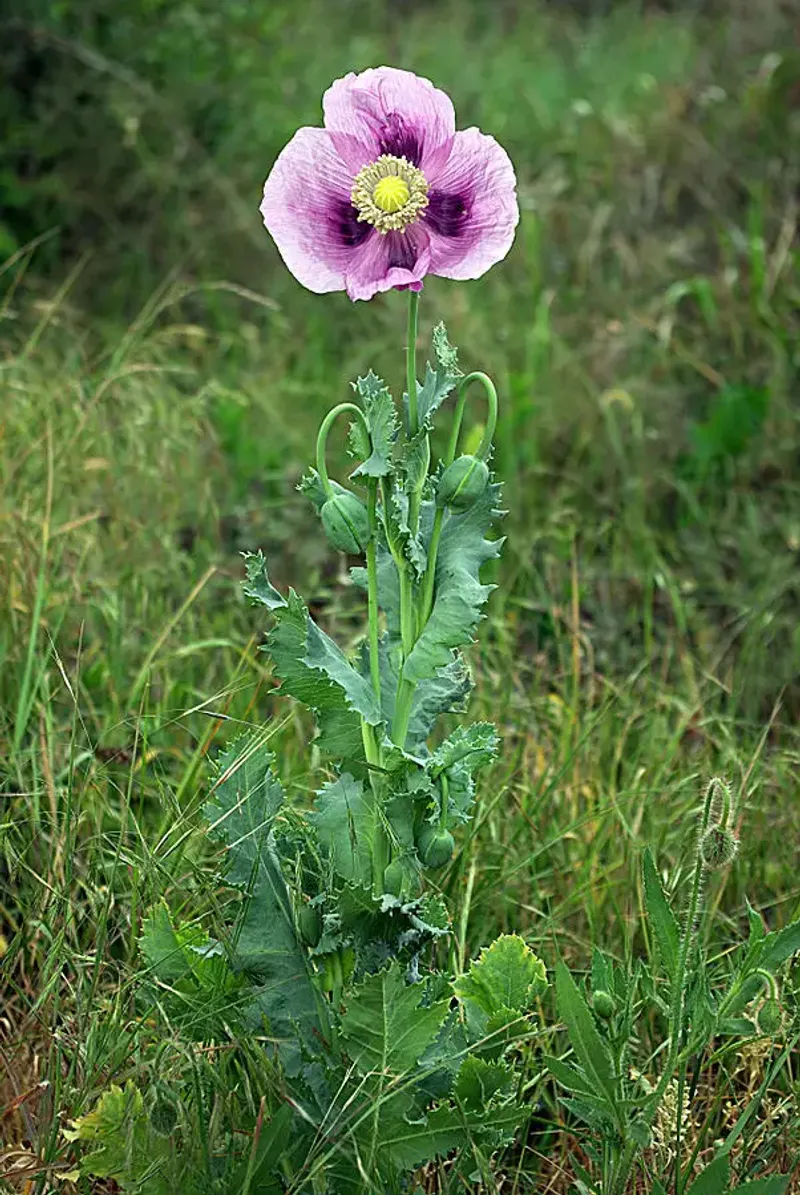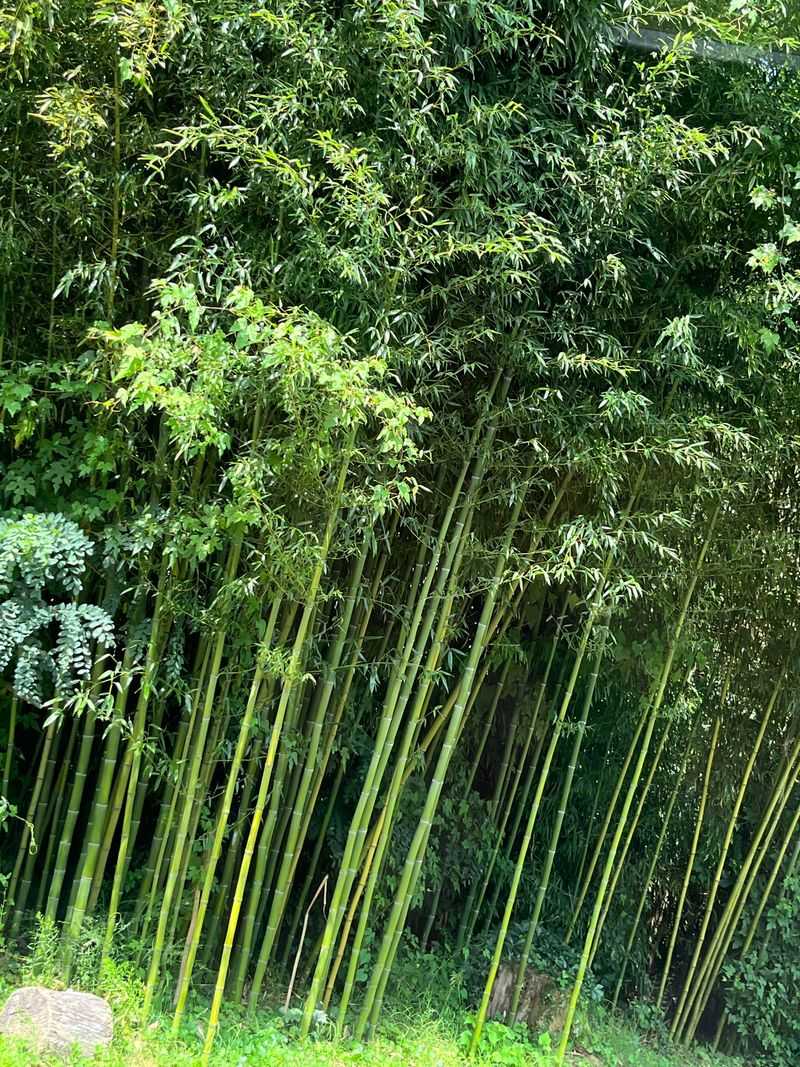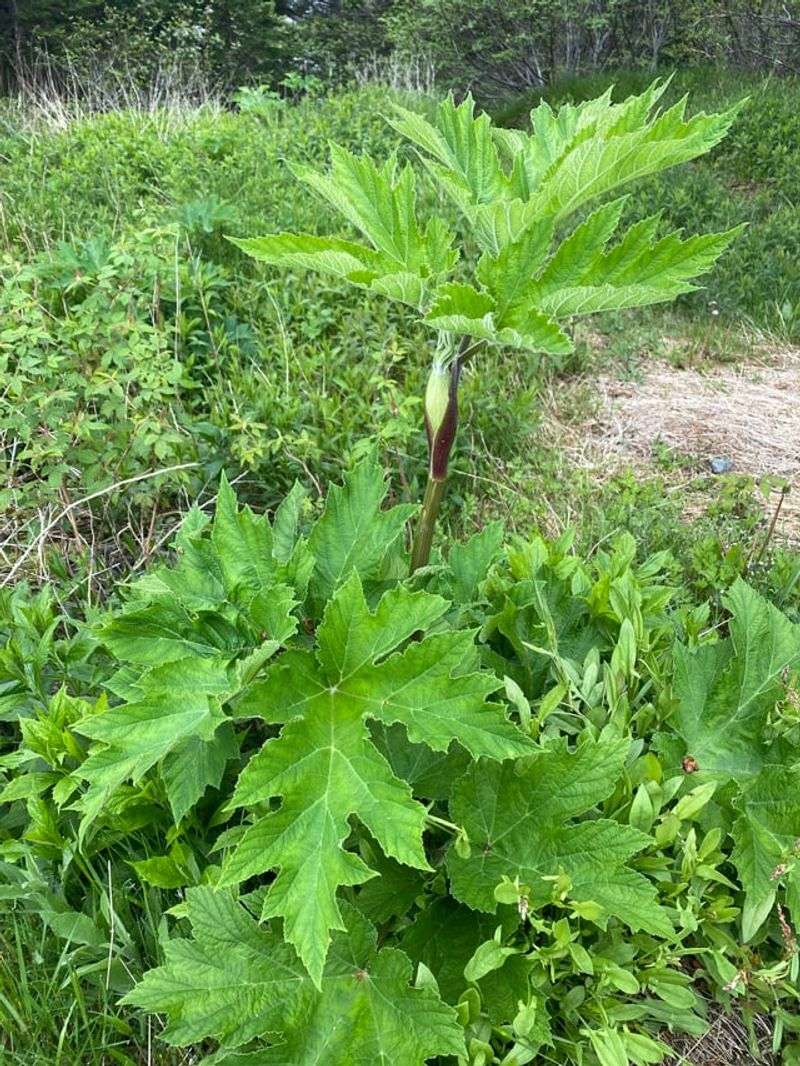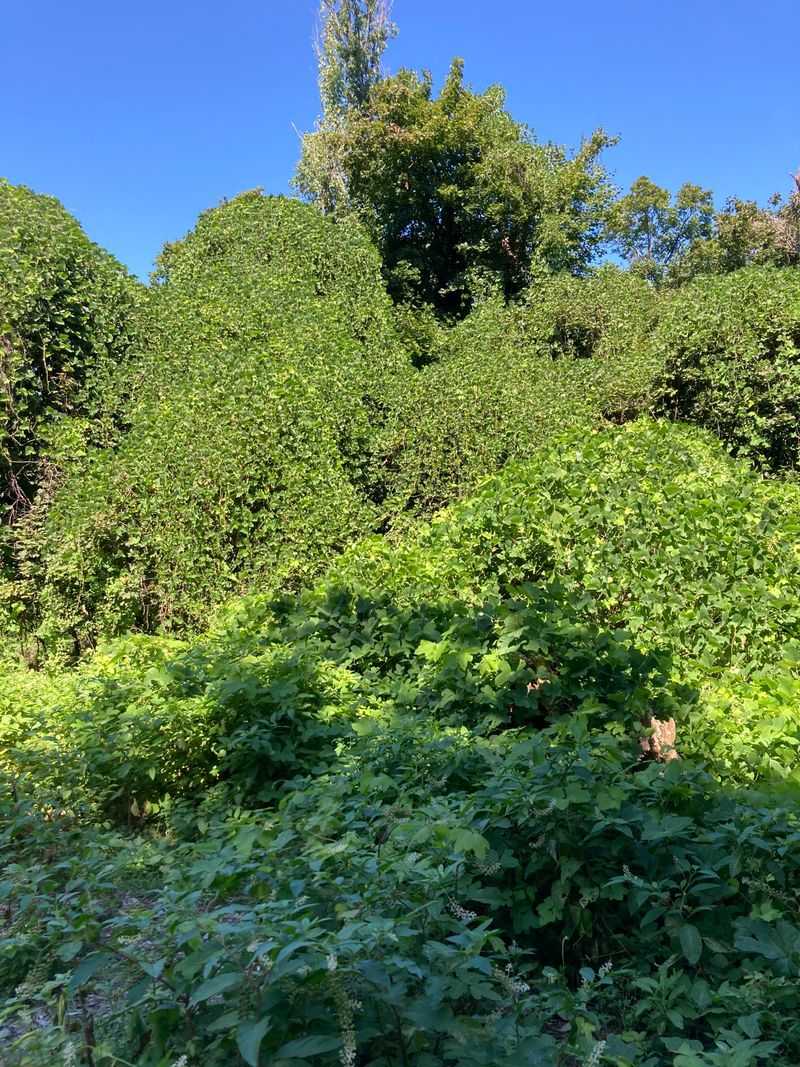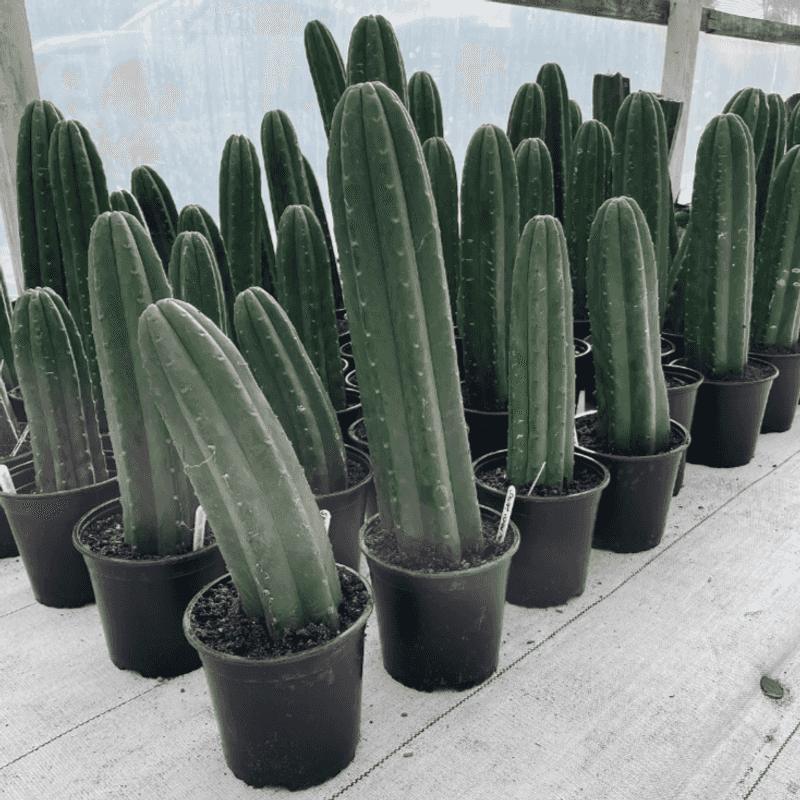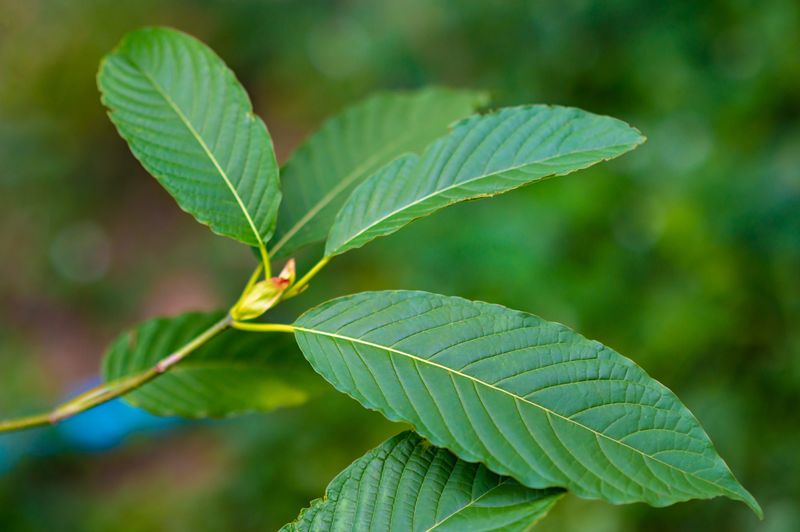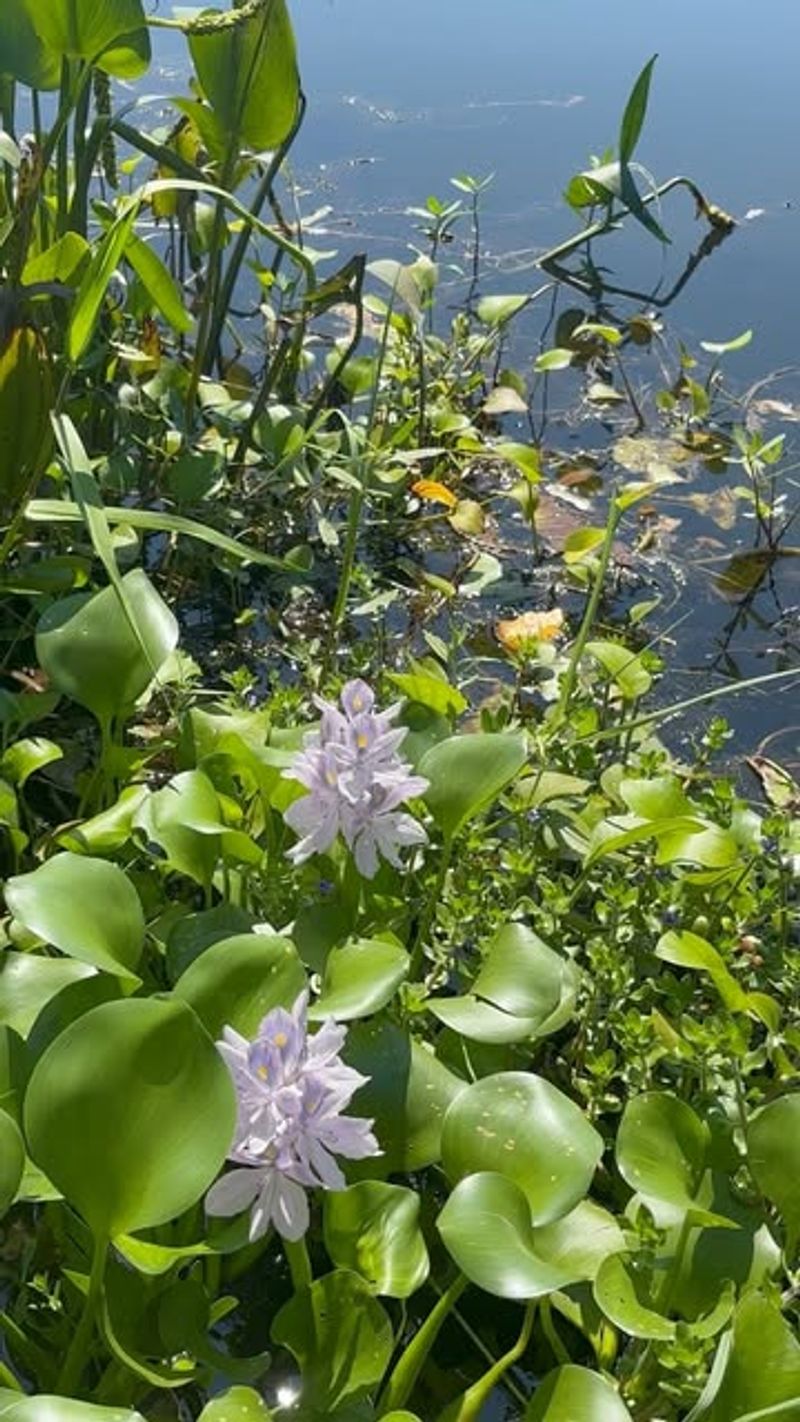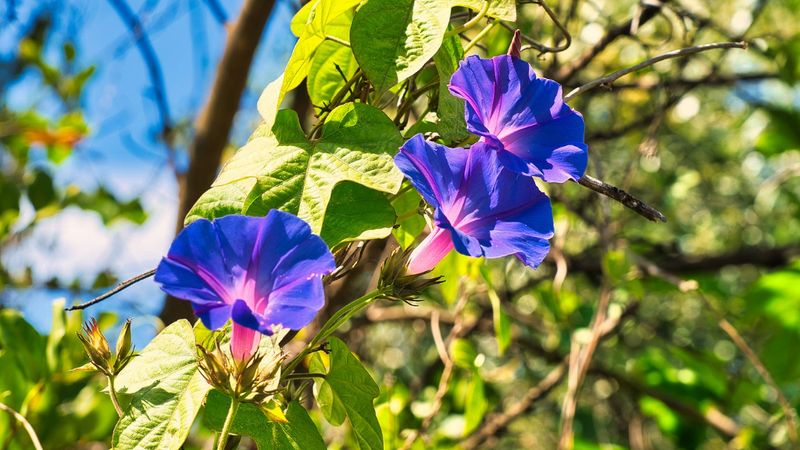Alabama gardeners often pride themselves on growing everything from juicy tomatoes to crisp cucumbers in their backyards. However, state regulations prohibit certain plants that might surprise even experienced green thumbs.
During my years tending gardens in Birmingham, I’ve learned that several common and exotic plants are actually restricted or outright banned under Alabama law, often for good reasons related to public safety, invasive potential, or controlled substance regulations.
1. Cannabis And Hemp Varieties
Despite changes in many states, growing any cannabis plants in Alabama remains strictly prohibited without proper licensing. The confusion often stems from the 2018 Farm Bill that legalized industrial hemp nationally.
Local gardeners sometimes mistakenly believe they can grow small amounts for personal use. Even a single plant in your backyard can result in serious legal consequences including hefty fines and potential jail time.
Alabama’s climate actually suits cannabis cultivation well, making enforcement a priority for local authorities who regularly investigate suspicious garden activities.
2. Ornamental Poppies (Papaver somniferum)
Many Alabama gardeners don’t realize that growing certain poppy varieties is against federal law. The innocent-looking Papaver somniferum (opium poppy) produces gorgeous blooms but contains narcotic compounds.
Garden centers occasionally sell these seeds mislabeled as decorative varieties. The pretty flowers might seem harmless, but cultivating them puts you at risk of violating controlled substance regulations.
Alternative poppy species like California or Oriental poppies remain perfectly legal and offer similar aesthetic appeal without the legal complications.
3. Certain Bamboo Varieties
Running bamboo species face restrictions in several Alabama counties due to their aggressively invasive nature. These fast-growing plants can quickly spread beyond property lines, creating neighborhood disputes and ecological damage.
Homeowners often plant bamboo for privacy without realizing the potential consequences. The underground rhizomes can travel up to 30 feet annually, making containment nearly impossible without specialized barriers.
Clumping bamboo varieties offer a legal alternative that provides similar aesthetic benefits without the invasive tendencies that have led to local ordinances.
4. Giant Hogweed
This dangerous plant is prohibited throughout Alabama due to its severe public health risks. Contact with giant hogweed sap causes extreme skin sensitivity to sunlight, resulting in painful blisters and potential scarring.
Resembling an oversized Queen Anne’s lace, this deceptively attractive plant can reach heights of 15 feet. The clear sap contains chemicals that can cause blindness if it contacts the eyes.
State agricultural authorities actively monitor for giant hogweed and can order immediate removal from private property, with potential penalties for intentional cultivation.
5. Kudzu Without Permits
Once actively promoted across Alabama, kudzu now requires special permits for cultivation due to its notoriously invasive nature. This aggressive vine can grow up to a foot daily during summer months, quickly engulfing trees, buildings, and entire landscapes.
The historical introduction of kudzu for erosion control has become an ecological nightmare. Alabama spends millions annually on kudzu control efforts, making unauthorized planting particularly problematic.
Homeowners caught intentionally propagating kudzu without proper authorization can face fines and mandatory removal costs under state agricultural regulations.
6. Certain Exotic Cacti
Several cacti species containing mescaline, particularly peyote and San Pedro varieties, are classified as controlled substances in Alabama. Despite their increasing popularity in ornamental gardening, these plants remain illegal to cultivate.
Garden centers rarely carry these varieties, but online vendors sometimes ship them to unsuspecting Alabama residents. Their distinctive appearance makes them easily identifiable to law enforcement during property inspections.
Alabama’s climate actually suits many cacti well, with numerous legal varieties available that provide similar aesthetic benefits without violating controlled substance regulations.
7. Tropical Kratom Plants
Alabama leads the nation in strict kratom regulations, making it illegal to grow the tropical Mitragyna speciosa tree in your backyard. This plant contains compounds classified as controlled substances under state law since 2016.
The tree’s leaves have traditional uses in Southeast Asia but are prohibited here due to their psychoactive properties. Despite growing interest in kratom nationwide, Alabama maintains some of the strictest regulations against it.
The subtropical climate in southern Alabama would actually support kratom growth, making enforcement particularly important in the state’s coastal regions.
8. Water Hyacinth
This floating aquatic plant with lovely lavender flowers is banned from cultivation in Alabama due to its devastating impact on waterways. Water hyacinth can double its population in just two weeks, quickly choking ponds, lakes, and streams.
Homeowners sometimes unknowingly purchase water hyacinth for water gardens, attracted by its beautiful blooms. When it escapes into natural waterways through flooding or improper disposal, it creates ecological and economic damage.
Alabama’s Department of Conservation actively monitors for this invasive species and can issue significant penalties for intentional cultivation.
9. Certain Morning Glory Varieties
While many morning glory types are perfectly legal in Alabama gardens, specific varieties containing ergine (LSA) fall under controlled substance regulations. Hawaiian baby woodrose and heavenly blue morning glory seeds contain compounds with psychoactive properties.
Garden centers often sell these varieties without highlighting their regulatory status. Their vibrant flowers make them appealing to gardeners who may be unaware of the legal implications.
Fortunately, numerous legal morning glory varieties offer similar ornamental value without containing restricted compounds, giving Alabama gardeners plenty of alternatives.

